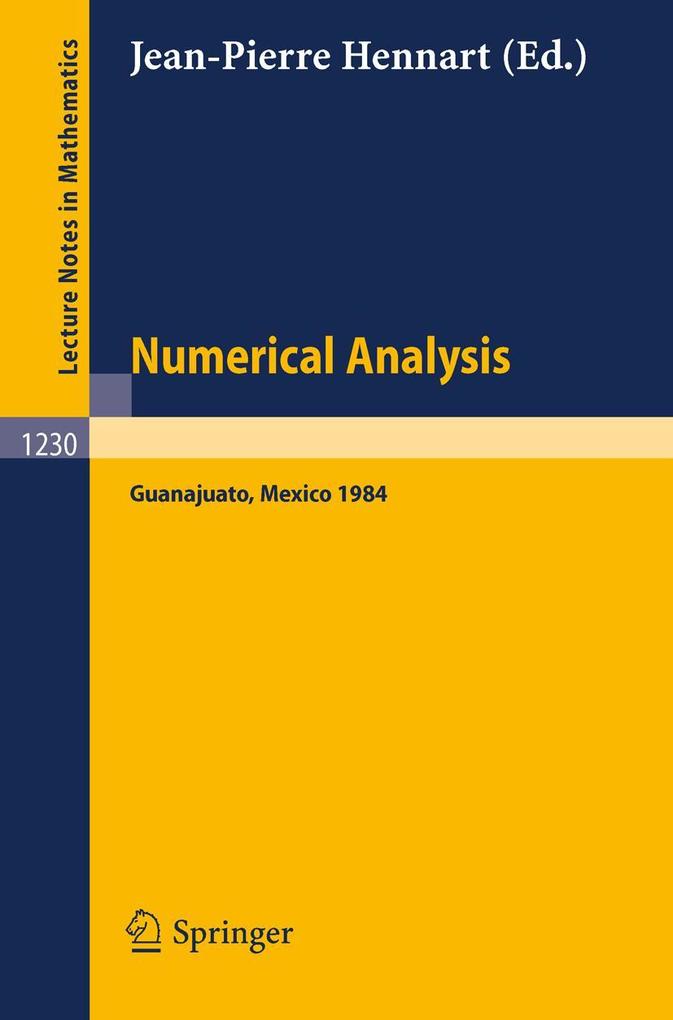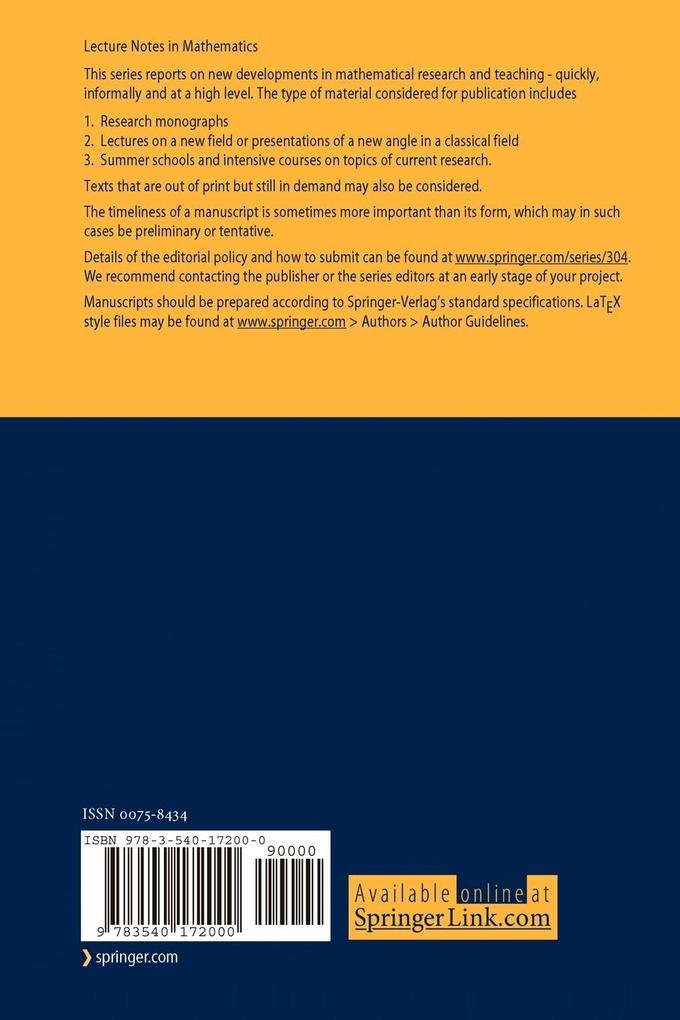
Zustellung: Di, 22.07. - Do, 24.07.
Versand in 2 Tagen
VersandkostenfreiBestellen & in Filiale abholen:
A global zero residual least squares method.- Efficient primal algorithms for strictly convex quadratic programs.- Location of multiple equilibrium configurations near limit points by a double dogleg strategy and tunnelling.- Considerations of numerical analysis in a sequential quadratic programming method.- Remarks on a continuous finite element scheme for hyperbolic equations.- An efficient modular algorithm for coupled nonlinear systems.- Optimization of multistage processes described by differential-algebraic equations.- Polynomial iteration for nonsymmetric indefinite linear systems.- Viewing the conjugate gradient method as a trust region algorithm.- An efficient strategy for utilizing a merit function in nonlinear programming algorithms.- Rates of convergence for secant methods on nonlinear problems in hilbert space.- The construction of preconditioners for elliptic problems by substructuring.- Some superconvergence results for mixed finite element methods for linear parabolic problems.- Nodal methods for the numerical solution of partial differential equations.- Singular perturbation problems in semiconductor devices.- Stability of capillary waves on deep water.- A block 5(4) explicit runge-kutta formula with "free" interpolation.- Sequential step control for integration of two-point boundary value problems.
Inhaltsverzeichnis
A global zero residual least squares method. - Efficient primal algorithms for strictly convex quadratic programs. - Location of multiple equilibrium configurations near limit points by a double dogleg strategy and tunnelling. - Considerations of numerical analysis in a sequential quadratic programming method. - Remarks on a continuous finite element scheme for hyperbolic equations. - An efficient modular algorithm for coupled nonlinear systems. - Optimization of multistage processes described by differential-algebraic equations. - Polynomial iteration for nonsymmetric indefinite linear systems. - Viewing the conjugate gradient method as a trust region algorithm. - An efficient strategy for utilizing a merit function in nonlinear programming algorithms. - Rates of convergence for secant methods on nonlinear problems in hilbert space. - The construction of preconditioners for elliptic problems by substructuring. - Some superconvergence results for mixed finite element methods for linear parabolic problems. - Nodal methods for the numerical solution of partial differential equations. - Singular perturbation problems in semiconductor devices. - Stability of capillary waves on deep water. - A block 5(4) explicit runge-kutta formula with "free" interpolation. - Sequential step control for integration of two-point boundary value problems.
Produktdetails
Erscheinungsdatum
01. Januar 1987
Sprache
englisch
Auflage
1986
Seitenanzahl
248
Reihe
Lecture Notes in Mathematics
Herausgegeben von
Jean-Pierre Hennart
Verlag/Hersteller
Produktart
kartoniert
Abbildungen
X, 238 p.
Gewicht
382 g
Größe (L/B/H)
235/155/14 mm
ISBN
9783540172000
Entdecken Sie mehr
Bewertungen
0 Bewertungen
Es wurden noch keine Bewertungen abgegeben. Schreiben Sie die erste Bewertung zu "Numerical Analysis" und helfen Sie damit anderen bei der Kaufentscheidung.










